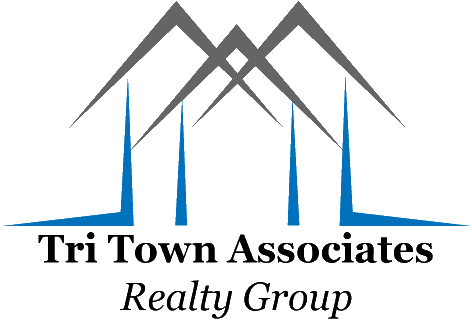Buying your first home is an exciting milestone, but it can also feel overwhelming without the right guidance. With competitive markets and fluctuating interest rates, navigating the home-buying process requires preparation and knowledge. This first-time homebuyer guide will walk you through key steps and considerations to ensure a smooth house-hunting experience. From understanding your budget to choosing the right neighborhood, we’ll cover what you need to know before making one of the biggest investments of your life.
1. Know Your Budget and Get Pre-Approved
One of the most crucial first steps in the home-buying process is understanding what you can afford. Lenders typically recommend that your monthly mortgage payment, including taxes and insurance, does not exceed 28-31% of your gross monthly income.
Steps to Determine Your Budget:
- Review your income, debts, and expenses to get a clear picture of affordability.
- Use online mortgage calculators to estimate monthly payments.
- Get pre-approved by a lender to understand your loan options and strengthen your position when making an offer.
2. Understand Your Loan Options
There are various loan programs designed to assist first-time homebuyers, each with different requirements and benefits.
Common Loan Types:
- Conventional Loans: Require higher credit scores but offer flexibility.
- FHA Loans: Ideal for buyers with lower credit scores or smaller down payments.
- VA Loans: Available to veterans and active military members with favorable terms.
- USDA Loans: Designed for rural homebuyers with little to no down payment needed.
Exploring these options with your lender will help determine the best fit for your financial situation.
3. Consider Additional Costs Beyond the Purchase Price
Many first-time buyers focus on the home’s purchase price but forget to budget for additional expenses that come with homeownership.
Hidden Costs to Expect:
- Closing Costs: Typically 2-5% of the home’s purchase price.
- Property Taxes and Homeowners Insurance: Costs vary by location and property value.
- Home Maintenance and Repairs: Plan for ongoing upkeep and unexpected repairs.
- HOA Fees: If purchasing in a community with a homeowners association.
Understanding these costs upfront can help you avoid financial strain down the road.
4. Choose the Right Location
Location plays a major role in home value, future appreciation, and overall lifestyle satisfaction.
Factors to Consider:
- Commute & Transportation: Proximity to work, public transit, and major highways.
- School Districts: Important for resale value, even if you don’t have children.
- Neighborhood Amenities: Parks, shopping centers, restaurants, and safety.
Future Development: Research planned projects that may affect property values. - Exploring different neighborhoods will ensure you choose a home that fits your lifestyle and long-term goals.
5. Work with a Real Estate Professional
Having an experienced real estate agent on your side can make the home-buying process smoother and less stressful. Agents provide valuable market insights, negotiate on your behalf, and help navigate the paperwork.
How an Agent Helps:
- Identifies homes that fit your criteria and budget.
- Offers expert advice on market trends and pricing.
- Handles negotiations and contract details to protect your interests.
- Guides you through inspections, appraisals, and closing.
Working with a trusted professional can help first-time buyers avoid common pitfalls and make informed decisions.
Final Thoughts
House hunting as a first-time buyer is an exciting journey, but preparation is key. By setting a budget, exploring loan options, factoring in hidden costs, choosing the right location, and working with an experienced real estate agent, you’ll be in a strong position to find your perfect home.
With the right knowledge and guidance, your dream of homeownership can become a reality. Happy house hunting!





